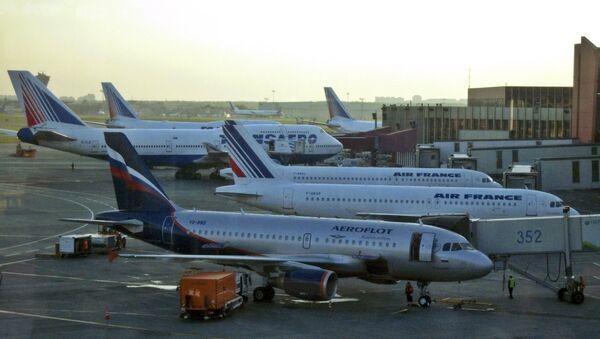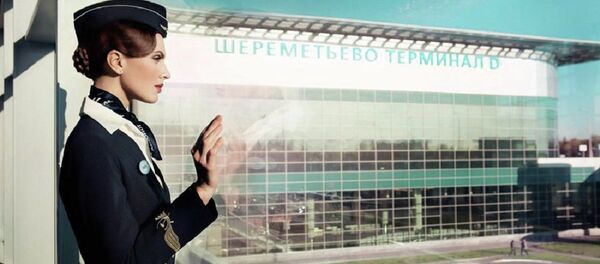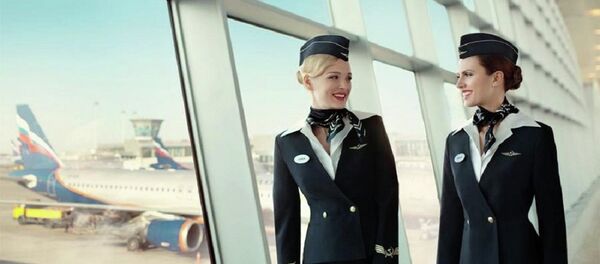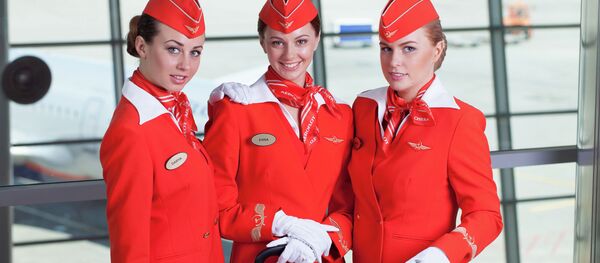Earlier this week, it was announced that Aeroflot, Russia's flagship carrier which is 51 percent state-owned, would purchase 75 percent +1 share of debt-laden carrier Transaero, the country's largest private airline, for a symbolic price of 1 ruble.
The deal is expected to result in Aeroflot and its subsidiaries controlling about 60 percent of the Russian passenger air market.
Transaero has experienced major financial difficulties related to its debt burden since last year, following the devaluation of the ruble. The company had earlier announced its offer to sell the company's shares to the state-controlled carrier "in the interests of its passengers, employees, partners and creditors."
Speaking to reporters on Friday, Belousov explained that the state would do all it could to assist Aeroflot in the merger in order to avoid pushing up ticket prices, and to avoid any unintended negative social consequences.
"There are risks for Aeroflot; we have to work through them carefully. Aeroflot has taken upon itself a very large debt [from Transaero]. The company is engaged in the reorganization of Transaero. Banks will, naturally, help to the extent which is possible," the official noted. He did not confirm whether the company would receive direct financial support from the state.
While It is unclear whether Transaero will be retained as a brand, many Russian business analysts, including business newspaper Kommersant, speculate that it will not.
For his part, Sberbank head German Gref told reporters Friday that Transaero's debt as of June 1 comprised 250 billion rubles (about $3.7 billion US), 150 billion rubles from that figure had been spent on leasing contracts, and another 100 billion on financial and other obligations. Aeroflot announced earlier that Sberbank would provide financial consulting on Transaero's reorganization, including consulting on the long-term restructuring of its debt.
As Bloomberg contributor Leonid Bershidsky explained earlier, Transaero, which got its start in 1990, got into financial trouble following its recovery from the financial crisis of 2008, when it launched an ambitious fleet expansion program, which saw the company doubling its debt, much of it denominated in dollars and euros, between 2009 and 2011. According to the analyst, the company compounded its problems when it began using 'creative accounting' to cover up losses, including failing to account for the amortization of leased planes, and offering an inflated assessment of the value of the company's brand.
Commenting on the proposed merger earlier this week, a source in Russia's Economic Development Ministry told RIA Novosti that the move would help stabilize Russia's position in the global air transit market, and eliminate the risks of it losing its current market share.




